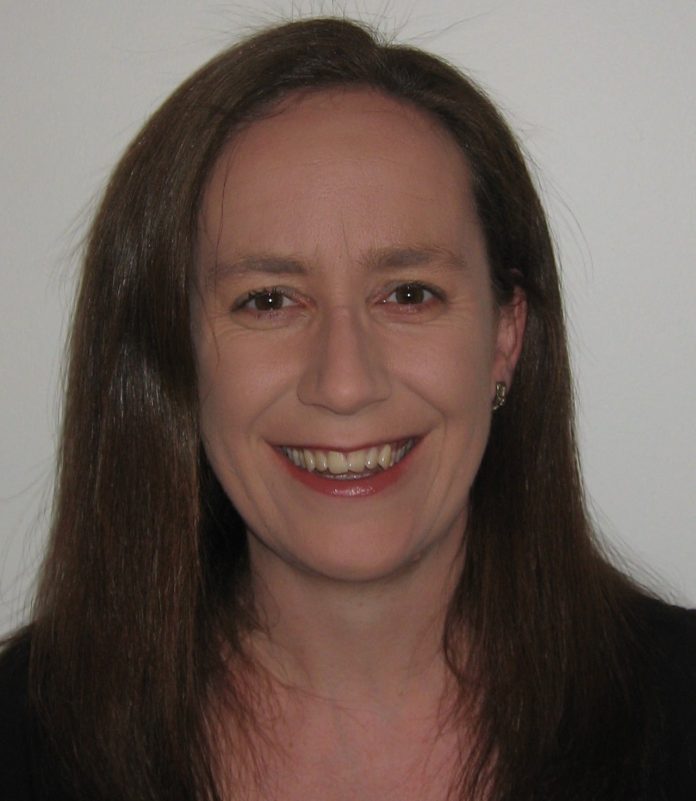Almost three quarters of healthy Australians aged over 70 years report using complementary medicines at least occasionally.
Complementary medicines listed by the Therapeutic Goods Administration are believed to be safe but without evidence of efficacy.
Dr Alice Owen, a senior research fellow at Macquarie University and her team analysed data from the Longitudinal Study of Older Persons (ALSOP) to assess self-reported use of complementary medicines by 14,000 healthy people over 70 years of age residing in Victoria, South Australia, Tasmania, Australian Capital Territory and New South Wales, recruited through their usual GPs.
The survey asked specifically about use of fish oil, glucosamine, ginkgo, coenzyme Q10, calcium, zinc, vitamins B, C, D and E, multivitamins, and Chinese or herbal medicines.
“Nearly 75 per cent of respondents reported using them either daily or occasionally.
“The most frequently reported items were fish oil used by 44.5 per cent, vitamin D 34 per cent, glucosamine 27 per cent and calcium supplements 25 per cent of respondents.
“The proportions of complementary medicine users who reported a history of depression (24 per cent) or osteoarthritis (59 per cent) were larger than for non-users.
“Diabetes was more common among non-users (10 per cent) than among complementary medicine users (seven per cent).”
The results led the researchers to express concern about marketing and promotion of complementary medicines.
“Complementary medicines are used by more than half the people in Australia, incurring out-of-pocket health expenses of about $5.2 billion in 2019,” Dr Owen said.
“While proprietary complementary medicines are generally regarded as safe, their widespread use by older people, who generally have a greater burden of disease, higher medical expenses, and low or fixed incomes, raises questions about their marketing and promotion.”
Professor Paul Glasziou, the director of the Institute for Evidence-Based Healthcare at Bond University, told The
Guardian that some advertisements used by the complementary medicine industry were borderline unethical.
“The promoting of these things to people who are getting no benefit from it, but are paying for it and are maybe not getting an effective treatment that they would otherwise get, is borderline unethical,” he said.
“There are a small percentage of people where these things will benefit. For people with osteoporosis taking vitamin D and calcium would be an appropriate thing to do but we are talking about a small percentage of one or two.
“There is no need for most Australians to be taking vitamin D supplements in a country where we worry about people getting too much sun,” he said.
The research was published in February 2021 in the Medical Journal of Australia.



































